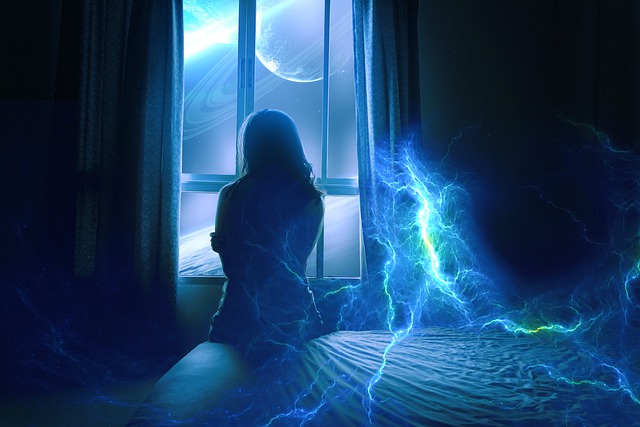People have a long history of using cannabis plants for medical purposes. Today we have a fascinating topic – sleep issues and how CBD can help with this. The CBD community says that sleeping improves as you use the products from the cannabis plant. We will go through various medical research and see whether it’s true.
A short introduction to CBD
CBD, or cannabidiol, is a naturally-occurring compound found in the cannabis plant. Unlike its more famous relative THC (tetrahydrocannabinol), CBD does not produce a psychoactive effect. However, it does have several potential therapeutic benefits, including reducing inflammation, relieving pain, and improving anxiety and sleep. CBD is also being investigated as a possible treatment for various conditions, including arthritis, cancer, and Alzheimer’s.
Sleeping issues in people
There can be many reasons why someone has difficulty sleeping. It could be due to stress, anxiety, depression, or other health conditions. It is essential to see a doctor if you are having trouble sleeping so that they can determine the cause and help you find a solution.
CBD and Sleep
CBD may help with sleep by reducing anxiety and pain. It is unclear how CBD affects sleep. Some people use it to fall asleep, and others to stay asleep. CBD may reduce stress and pain. This can make it easier to fall asleep and stay asleep. CBD can also help improve the quality of sleep. CBD may be a good option for people who have trouble sleeping due to anxiety or pain. Talking to a doctor before using CBD is essential, especially if you are taking any medications. The doctor would suggest that decreasing the cortisol level would greatly help with the battle of sleep deprivation. CBD products can help in this for sure.
How much CBD to lower cortisol?
There is no definitive answer to this question, as the amount of CBD required to lower cortisol levels may vary depending on the individual. However, some people have reported that 20-40mg of CBD daily reduces cortisol levels. Therefore, it is recommended that you start with a low dose and increase gradually as needed to find the optimal amount for you.
Tips to get a better night’s sleep
There are a lot of things that you can do to get a better night’s sleep. Here are some tips:
1) Make sure your bedroom is dark, quiet, and relaxed. These conditions will help you fall asleep and stay asleep.
2) Establish a regular sleep schedule by going to bed and waking up at the same time every day. This will help train your body to sleep better.
3) Avoid caffeine and alcohol before bed. Both of these substances can disrupt your sleep.
4) Exercise regularly during the day. This will help you sleep better at night.
5) Practice relaxation techniques such as deep breathing or progressive muscle relaxation before bedtime.

